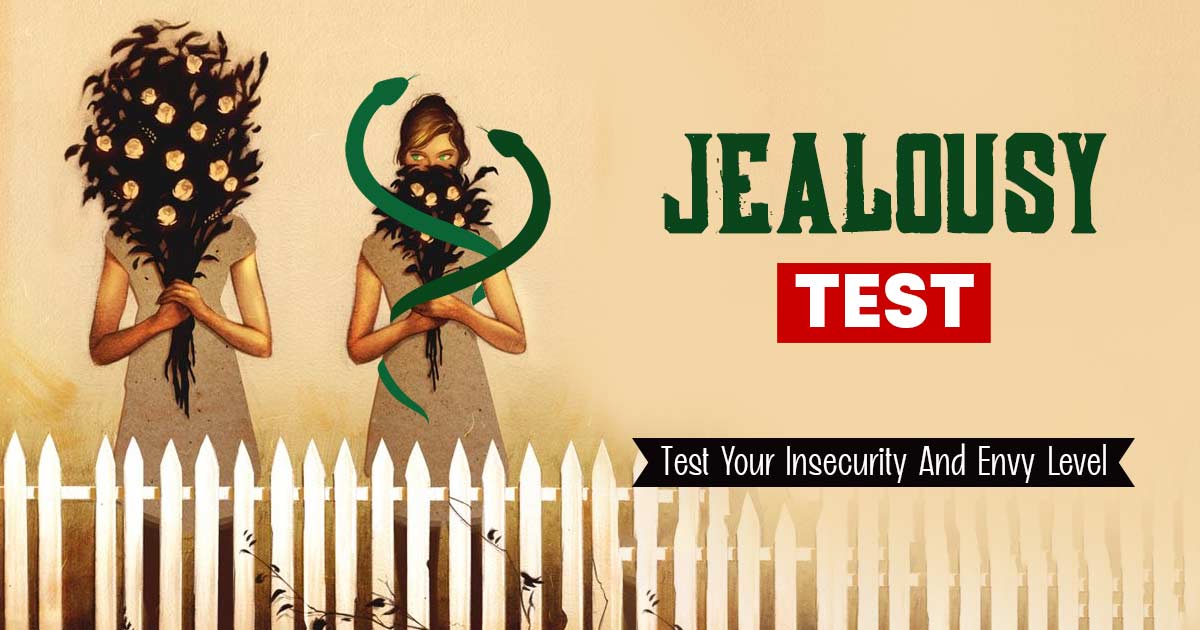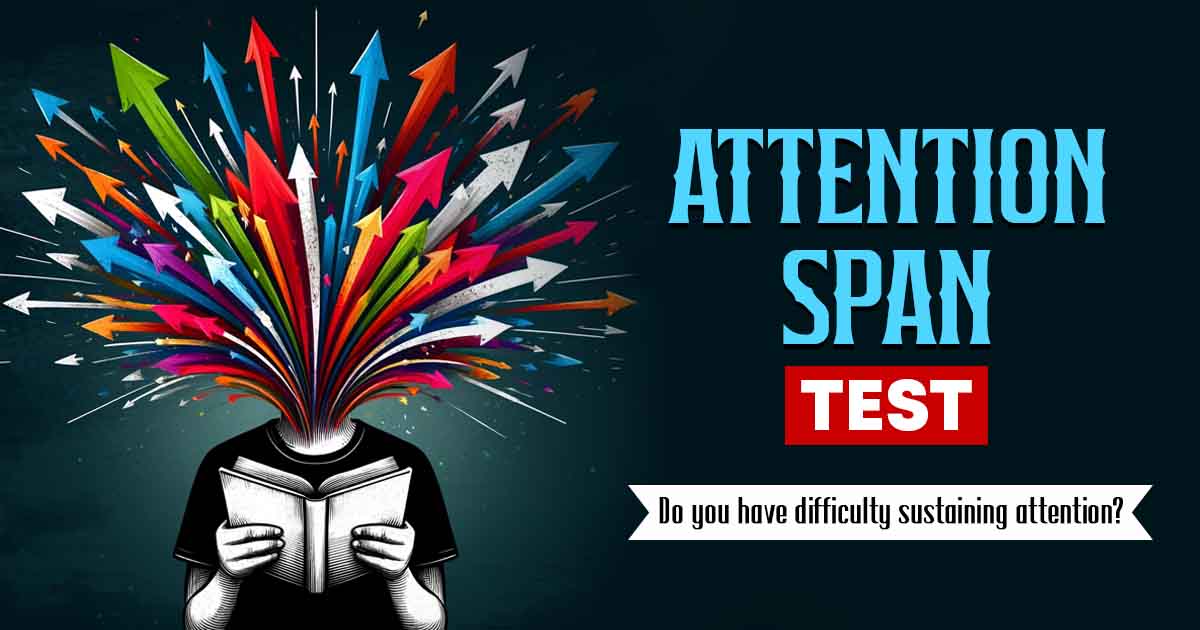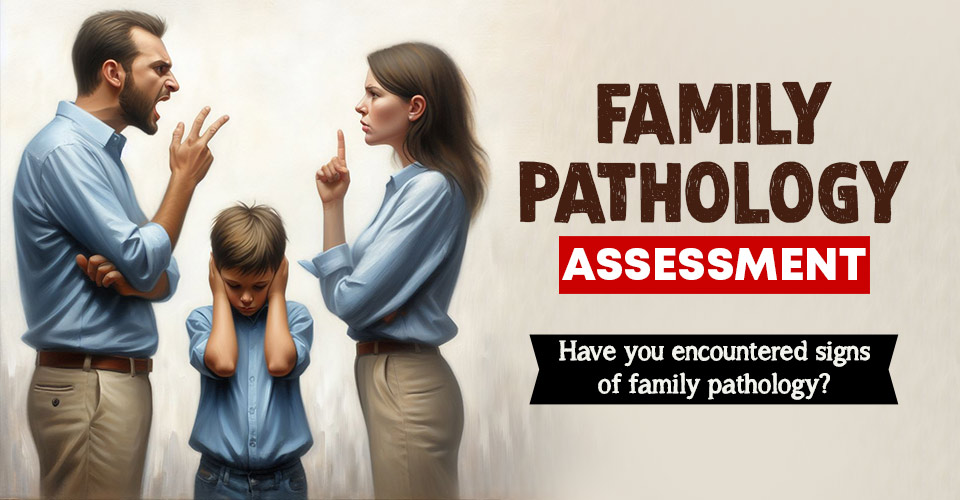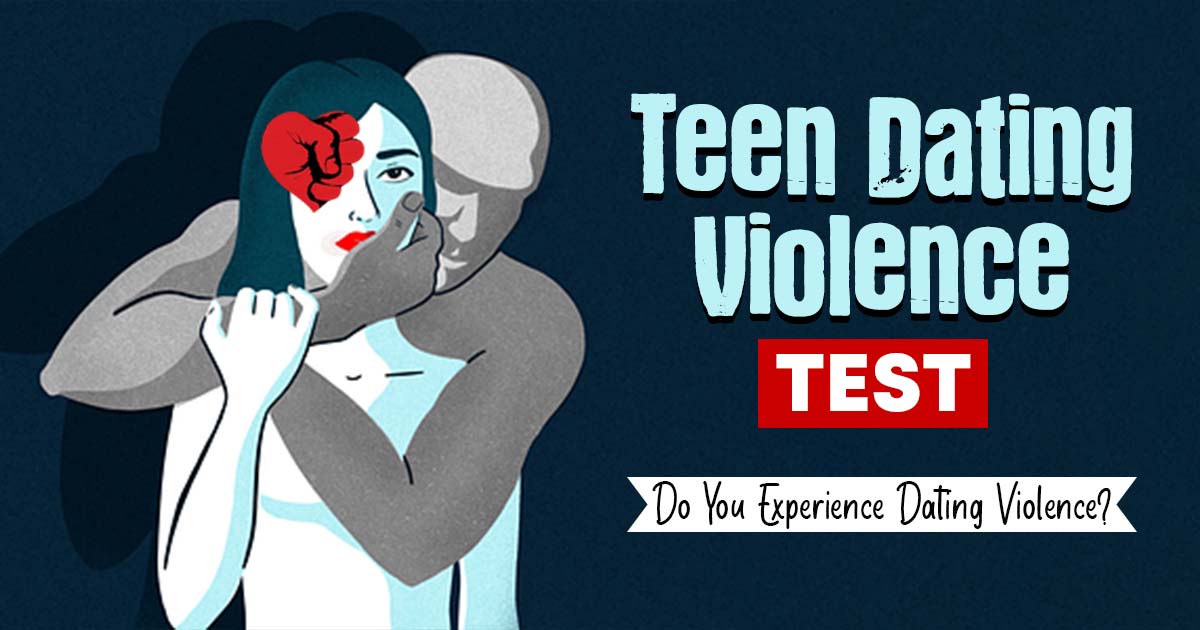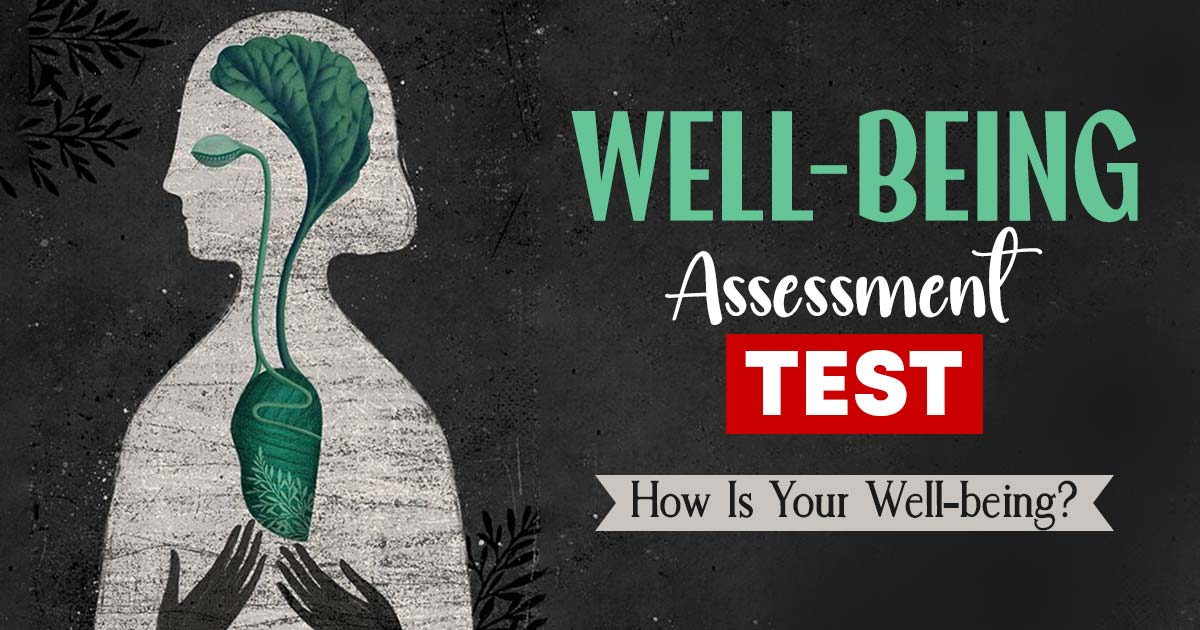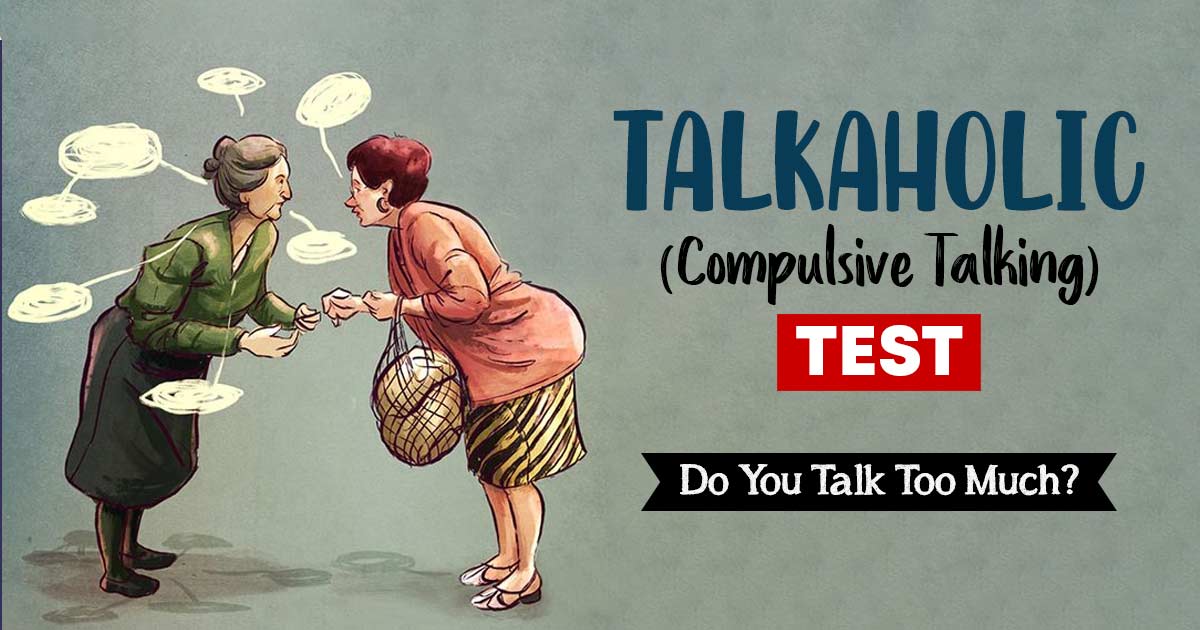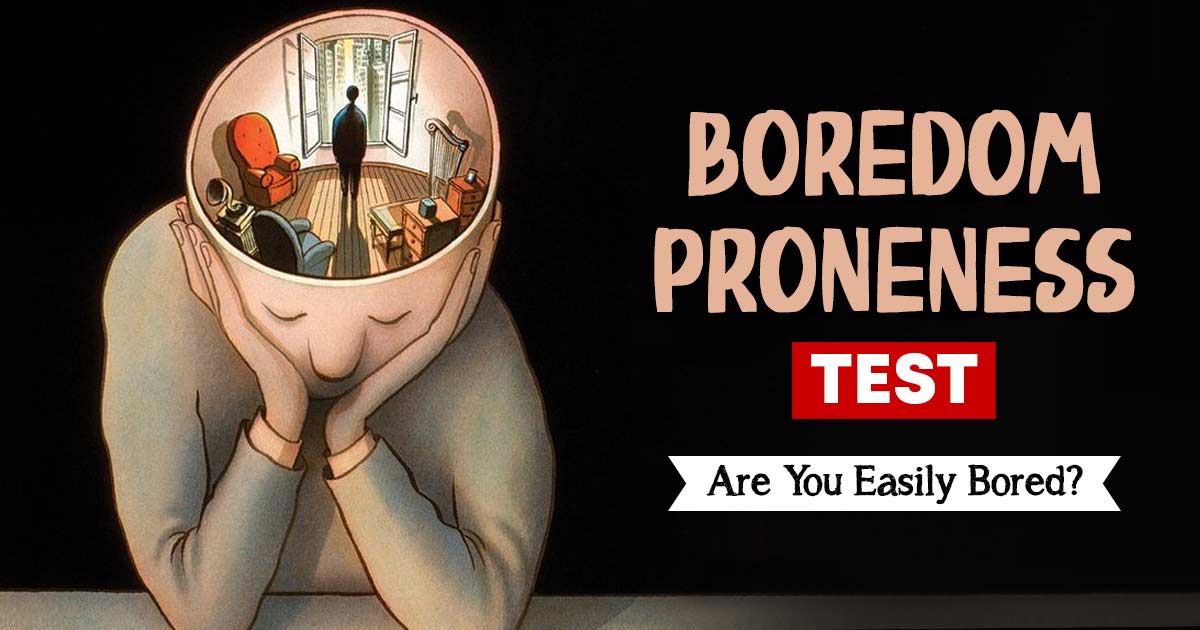Are you experiencing feelings of jealousy and insecurity when your friend or partner achieves more success than you? Do you feel upset or uneasy when they spend time with new people or go out with friends? Do you constantly feel the need to know their whereabouts? Perhaps you are experiencing intrusive thoughts and unsettling emotions related to your friend or partner. If this sounds familiar, take our jealousy test to determine if you may be exhibiting signs of Pathological Jealousy.
What Is Pathological Jealousy?
Jealousy is an emotion related to insecurity about a potential loss or inequity in the distribution of resources. The term is also associated with a feeling of being possessive of another person, such as a partner or friend.
Most people experience jealousy from time to time, but extreme jealousy can greatly interfere with daily life. One such example of extreme jealousy is pathological jealousy, which is a clinical condition that is characterized by an unfounded suspicion of the partner׳s infidelity that modifies thoughts, feelings, and behaviors.
An individual suffering from pathological jealousy may interpret irrelevant incidents as conclusive evidence of betrayal while refusing to change their views even when confronted with conflicting information. This can come in many forms. Such as Delusional jealousy, Obsessive jealousy, Morbid jealousy, etc.
Some of the signs of pathological jealousy include:
- Accusations of looking or giving attention to other individuals or throwing anger about something a person cares about other than the friend/partner.
- Frequently asking the partner/friend about his/her past life and overthinking about their reappearance in life.
- Checking phone calls and messages to verify friend/partner’s exact whereabouts.
- Laying conditions regarding contact with the friend/partner’s social circle.
- Verbal and/or physical violence towards the friend/partner.
Instructions For Taking Jealousy Test
Below is a list of statements that relate to an individual’s sign of jealousy about a friend/partner. Please read each statement carefully, and select options that you find relevant for you.
Please note: This jealousy test is a self-assessment and not a diagnostic test.
Assessment Summary
0 of 15 Questions completed
Questions:
Information
You have already completed the assessment before. Hence you can not start it again.
Assessment is loading…
You must sign in or sign up to start the assessment.
You must first complete the following:
Results
Results
Your time:
Time has elapsed
You have reached 0 of 0 point(s), (0)
Earned Point(s): 0 of 0, (0)
0 Essay(s) Pending (Possible Point(s): 0)
Categories
- Mental Health Assessment 0%
-
Low Signs Of Pathological Jealousy
Your present score reveals that you have a low sign of Pathological Jealousy. It can be evident from your score that you might feel a little uneasy to a few extents when your friend/partner gets success more than or before you at his/her work. Besides this, it can be seen from your score that you might feel a little uncomfortable or less prioritized when your friend/partner goes to a friend’s party or night out without your presence, as well as might feel slightly uneasy when your friend/partner talks with another person with much interest than you.
Further, your score shows that you might have a slight tendency to check your friend/partner’s phone calls, and messages to verify and know about his/her social contact and in a few cases might feel the need to know about his/her whereabouts. Along with this it might also be possible that in a few cases, you might get a little worried thinking about your friend/partner’s past experiences and to a few extent might feel irritable and have difficulty concentrating at work or other things because of your thoughts and feelings about your friend/partner.
However, it should be noted that your responses may have an impact on your social, occupational, academic, and other areas of functioning. if you think the results do not accurately match your characteristics, then we would encourage you to consult a Psychologist for an accurate result.
Want to learn more?
Some ways that can help you deal with the feelings of pathological jealousy, include- identifying the situation that triggers feelings of jealousy, open communication and ventilation to the exact thoughts and feelings, throwing challenges to the thoughts which cause agony, and making an end note or solution about the falsity of the jealous convictions and also prioritizing self-care and other activities that are mind boosting-such as-yoga, meditation, creative engagement and building a positive connection with the social world. If you want to know how to deal with your signs of pathological jealousy, talk to our professional psychologists.
You can use our Mood Tracker to stay mindful of your mood every day, identify your innermost thoughts & emotions on a daily basis. It will aid you in doing all those things you love, while limiting activities that might dampen your mood.
-
Moderate Signs Of Pathological Jealousy
Your present score reveals that you have a moderate sign of Pathological Jealousy. It can be evident from your score that sometimes you might feel uneasy when your friend/partner get success more than or before you at his/her work. Besides this, it can be seen from your score that in some cases you might feel uncomfortable or less prioritized when your friend/partner goes to a friend’s party or night out without your presence, as well as often feel uneasy when your friend/partner talks with another person with much interest than you.
Further, your score shows that you might have a tendency to frequently check your friend/partner’s phone calls, and messages to verify and know about his/her social contact and in some cases might feel the need to know about his/her whereabouts. Along with this, it might also be possible that in some cases, you might get worried thinking about your friend/partner’s past experiences and often might show irritability and difficulty concentrating at work or other things because of your recurrent thoughts and feelings about your friend/partner.
However, it should be noted that your responses may have an impact on some of your social, occupational, academic, and other areas of functioning. if you think the results do not accurately match your characteristics, then we would encourage you to consult a Psychologist for an accurate result.
Want to learn more?
Some ways that can help you deal with the feelings of pathological jealousy, include- identifying the situation that triggers feelings of jealousy, open communication and ventilation to the exact thoughts and feelings, throwing challenges to the thoughts which cause agony, and making an end note or solution about the falsity of the jealous convictions and also prioritizing self-care and other activities that are mind boosting-such as-yoga, meditation, creative engagement and building a positive connection with the social world. If you want to know how to deal with your signs of pathological jealousy, talk to our professional psychologists.
You can use our Mood Tracker to stay mindful of your mood every day, identify your innermost thoughts & emotions on a daily basis. It will aid you in doing all those things you love, while limiting activities that might dampen your mood.
-
High Signs Of Pathological Jealousy
Your present score reveals that you have a high sign of Pathological Jealousy. It can be evident from your score that in most cases you seem to feel very uneasy when your friend/partner gets success more than or before you at his/her work. Besides this, it can be seen from your score that in almost all cases you seem to feel strongly uncomfortable or less prioritized when your friend/partner goes to a friend’s party or night out without your presence, as well as seem to feel strongly uneasy when your friend/partner talks with another person with much interest than you.
Further, your score shows that you seem to have a high tendency to frequently check your friend/partner’s phone calls and messages to verify and know about his/her social contact and seem to feel the need to know about his/her whereabouts all the time. Along with this, it might also be possible that in most cases, you seem to get very much worried thinking about your friend/partner’s past experiences and seem to show strong irritability, anger, and difficulty concentrating at work or other things because of your highly recurrent thoughts and feelings about your friend/partner.
However, it should be noted that your responses may strongly have an impact on some of your social, occupational, academic, and other areas of functioning. if you think the results do not accurately match your characteristics, then we would encourage you to consult a Psychologist for an accurate result.
Want to learn more?
Some ways that can help you deal with the feelings of pathological jealousy, include- identifying the situation that triggers feelings of jealousy, open communication and ventilation to the exact thoughts and feelings, throwing challenges to the thoughts which cause agony, and making an end note or solution about the falsity of the jealous convictions and also prioritizing self-care and other activities that are mind boosting-such as-yoga, meditation, creative engagement and building a positive connection with the social world. If you want to know how to deal with your signs of pathological jealousy, talk to our professional psychologists.
You can use our Mood Tracker to stay mindful of your mood every day, identify your innermost thoughts & emotions on a daily basis. It will aid you in doing all those things you love, while limiting activities that might dampen your mood.
- 1
- 2
- 3
- 4
- 5
- 6
- 7
- 8
- 9
- 10
- 11
- 12
- 13
- 14
- 15
- Current
- Review
- Answered
- Correct
- Incorrect
-
Question 1 of 15
1. Question
I feel uneasy when my friend/partner get success at work before me
-
Question 2 of 15
2. Question
It makes me uncomfortable when my friend/partner talks with someone else with much interest than me
-
Question 3 of 15
3. Question
I feel inferior when people admire and appraise my friend/partner
-
Question 4 of 15
4. Question
I check and scroll through my friend/partner’s social media accounts and chats
-
Question 5 of 15
5. Question
I feel less prioritized when my friend/partner goes to out for a friend’s party or nightout
-
Question 6 of 15
6. Question
I suspect that my friend/partner gets everything he/she wants in life which I never get
-
Question 7 of 15
7. Question
It makes me agitated when my friend/partner share photos or celebrate birthday with someone else
-
Question 8 of 15
8. Question
I feel that my friend/partner is not in my control
-
Question 9 of 15
9. Question
It makes me worried and upset when my friend/partner goes to meet a new person
-
Question 10 of 15
10. Question
I visit my friend/partner’s social gatherings/parties to check how he/she is behaving with others
-
Question 11 of 15
11. Question
I do not like my friend/partner to get engaged in anything apart from the daily job
-
Question 12 of 15
12. Question
I dislike and avoid the conversation related to my friend/partner’s past experiences
-
Question 13 of 15
13. Question
I feel my future is uncertain, as it seems that my friend/partner is not reliable
-
Question 14 of 15
14. Question
I feel it difficult to concentrate on my job or other activities and feel tense and restless due to my recurrent thoughts about my friend/partner
-
Question 15 of 15
15. Question
I feel that my thoughts/feelings/behaviors related to my partner/friend are interfering with my daily well-being

